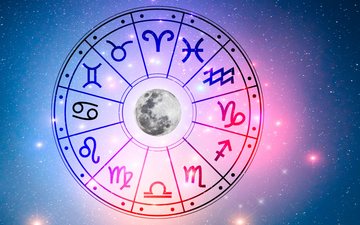
If you have cold feet and hands all the time, even though the temperatures outside may be high, this condition is an indication of the lack of some vitamins. Experts say that the lack of B vitamins and iron are not only indicators of increased anemia. In more concrete terms, this is how this condition translates.
Lack of vitamin B12
Deficiency of this vitamin can cause megaloblastic anemia (the number of red blood cells is lower than normal, as well as the red cells are larger than normal) and increased sensitivity to cold.
Causes
Several factors can influence this condition, ranging from a diet poor in animal sources to vegetarian or vegan diets, as well as health causes such as gastric bypass surgery.
SOuRCES
Dietary sources of vitamin B12 include milk, meat and fish. If you are deficient, you can also take B12 supplements in the form of medications or by injection.
Lack of vitamin B9
Vitamin B9 in its natural form is known as folate. A lack of folate makes you more susceptible to the cold, while its main function is to make red blood cells.
Symptoms
In addition to feeling cold, signs that you may be deficient in vitamin B9 are also related to anemia.
Causes
Mass consumption of alcohol, digestive disorders or bowel surgery affect the absorption process of folate in the body.
SOuRCES
Natural sources of folate are dark green leafy vegetables, peanuts, beans, fruits, whole grains, sunflower seeds, etc.
Iron deficiency
Lack of vitamins is not the only reason that affects the feeling of cold. You may have an iron deficiency, which is quite common. In fact, iron deficiency anemia is the most common symptom worldwide.
Symptoms
If you have iron deficiency anemia, you may not only have a cold as your main symptom. In addition to cold hands and feet, you may also have a state of constant fatigue, chest pain, etc.
Causes
The cause of any iron deficiency anemia can be related to blood loss from an injury, heavy menstruation, or bleeding from the gastrointestinal or urinary tract.
SOuRCES
Food sources of iron include red meat, salmon, beans, nuts, eggs and dark green leafy vegetables.
Suggested Articles:
Source: Very Well





